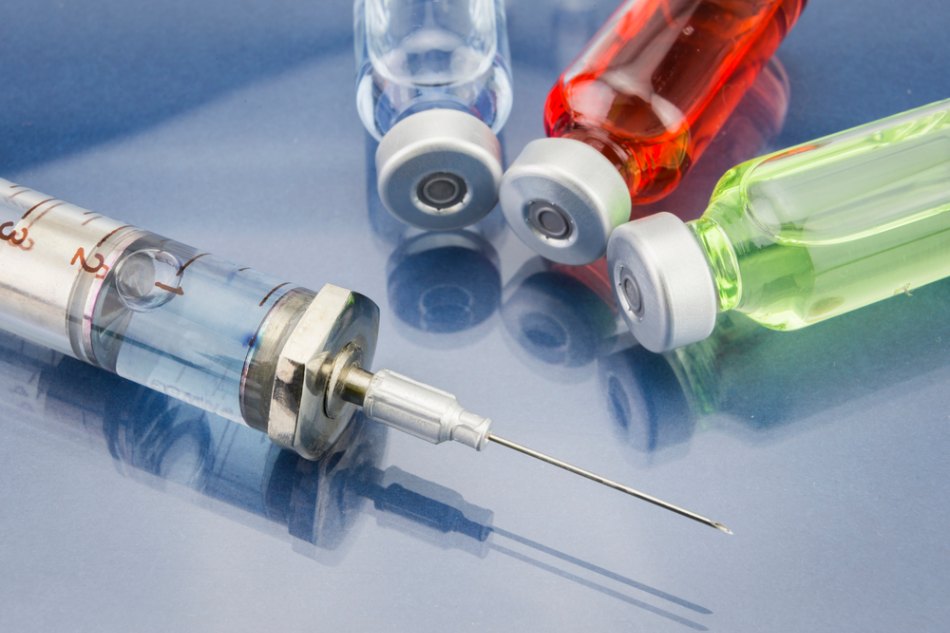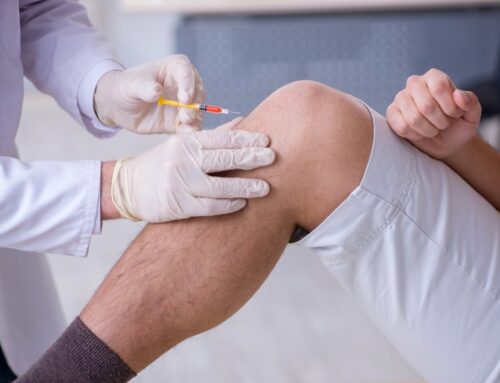The field of regenerative medicine has seen remarkable advancements in recent years, with stem cell therapy at the forefront of these innovations. Particularly in Denver, stem cell injections are becoming increasingly popular for their potential in treating various conditions, including joint and musculoskeletal injuries. This comprehensive guide delves into the essence of adult stem cells, the different types available, and provides an in-depth look at stem cell joint injections, including their common uses and benefits.
The Science Behind Stem Cell Therapy
Stem cells are the body’s raw materials from which all other cells with specialized functions are generated. Under the right conditions in the body or a laboratory, stem cells divide to form more cells called daughter cells. These daughter cells either become new stem cells (self-renewal) or specialized cells (differentiation) with a more specific function, such as blood cells, brain cells, heart muscle cells, or bone cells. This remarkable ability of stem cells to become almost any type of cell makes them invaluable in medical treatments.
Understanding Stem Cell Joint Injections
Stem cell joint injections involve the process of extracting stem cells from the patient’s body—typically from bone marrow or adipose (fat) tissue—and then precisely injecting them into the affected joint areas. This technique aims to utilize the natural regenerative capabilities of stem cells to repair damaged tissues, reduce inflammation, and alleviate pain, potentially bypassing the need for more invasive surgical procedures.
Types of Stem Cells Used in Joint Injections
Stem cell injections Denver have emerged as a popular treatment option for individuals dealing with joint pain and injuries. This innovative therapy has gained traction, offering a promising solution for pain relief and promoting the healing process in the area.
There are several types of stem cells that can be used in joint injections, each with its own unique properties and potential benefits. The most common types of stem cells used in joint injections include
Pluripotent Stem Cells
Pluripotent stem cells have the potential to transform into any cell type in the body. While they offer vast possibilities for treatment, their use is more common in research settings than in direct clinical applications due to ethical and regulatory considerations.
Multipotent Stem Cells
Multipotent stem cells, particularly those harvested from adult tissues like bone marrow and adipose tissue, are most commonly used in joint injections. These cells can develop into a limited range of cell types related to their tissue of origin, making them ideal for targeting specific areas of injury or degeneration.
Potential Benefits of Stem Cell Joint Injections
Patients undergoing stem cell joint injections in Denver have reported several benefits, including significant pain relief, enhanced mobility, and reduced inflammation. These improvements can lead to a better quality of life, with many patients experiencing a return to activities they thought were lost to them due to their joint issues.
Common Uses of Stem Cell Joint Injections
Stem cell injections have risen to prominence as a favored treatment for a variety of joint problems. These injections utilize stem cells, which are undifferentiated cells capable of evolving into specific types of cells, positioning them as a valuable asset in regenerative medicine. By administering these cells into afflicted joints, stem cell injections Denver can aid in diminishing inflammation, fostering tissue repair, and enhancing joint functionality overall.
Osteoarthritis
Osteoarthritis, a prevalent joint disorder, leads to the deterioration of cartilage and bone. Stem cell injections offer a novel approach to managing OA symptoms, potentially slowing disease progression and enhancing joint function.
Rotator Cuff Tears
Rotator cuff tears, which affect a wide range of individuals, can see improved healing and reduced pain through stem cell treatments. This approach aids in the regeneration of torn tendons and muscles, offering an alternative to traditional surgical methods.
Knee Injuries
Knee injuries, including meniscus tears and ligament damage, are common concerns addressed with stem cell injections. By promoting tissue repair and reducing inflammation, stem cell therapy can play a crucial role in the recovery process.
Enhancing Recovery Post-Surgery
Stem cell injections are not only used as standalone treatments but also in conjunction with surgical procedures to improve recovery times and outcomes. By accelerating the healing process and promoting tissue regeneration, stem cell therapy can significantly enhance post-surgical rehabilitation.
The Future of Stem Cell Injections in Denver
Denver’s medical community, particularly those specializing in regenerative medicine, continues to explore and expand the applications of stem cell therapy. As research advances and more clinical trials are conducted, the potential for stem cell therapy to treat a wider array of conditions grows, promising a future where invasive surgeries and long-term pain management may become less prevalent.
Conclusion
Stem cell joint injections represent a significant advancement in the treatment of joint and musculoskeletal injuries in Denver. By harnessing the body’s own regenerative capabilities, this innovative therapy offers hope for pain relief, improved mobility, and a better quality of life for those suffering from chronic conditions. As regenerative medicine continues to advance, stem cell injections Denver remain at the forefront, presenting a compelling alternative to conventional treatments and charting a course towards a future where accelerated healing and recovery are possible.





